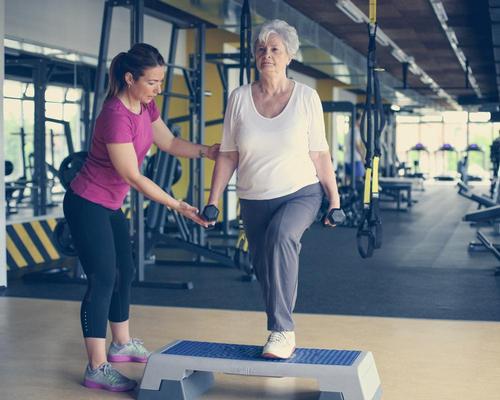06 Mar 2018
Free gym entry could 'increase physical activity across all social groups'
BY Tom Walker

Offering free access to gyms and leisure centres – and promoting them heavily – could have dramatic results on the health of communities.
That is the finding of a study into Re:fresh, a subsidised access scheme which has been running for a decade in Blackburn and Darwen, a local authority in north west England.
The Re:fresh campaign – launched in 2008 – has removed access fees for gyms and leisure centres and coupled it with a strong marketing drive, as well as the appointment of five extra community health trainers.
As a result, the facilities involved in the scheme received 26,400 extra physical activity swim and gym visits per quarter – in a borough of 150,000 people.
Re:fresh has also seen the proportion of the population taking part in monthly physical activities increase from just 3 per cent to 15 per cent – with levels of participation being more pronounced in disadvantaged socioeconomic groups.
The scheme is a joint initiative driven by the NHS and local authorities. It costs the NHS about £1m per year, in addition to the £3m funded by the local authority.
“The Re:fresh approach shows that a community-based multi-pronged public health intervention can both increase physical activity and reduce health inequalities.” said Dr Rupert Suckling, director of public health at Doncaster Council Civic Office.
“Other areas looking to implement similar approaches will want to understand the cost-effectiveness of the approach, as well as whether there is anything in particular about Blackburn and Darwen that makes this approach more likely to succeed here than anywhere else.”
The study into Re:fresh used local gym and pool attendance data before and after the Re:fresh scheme, covering the nine participating leisure facilities in Blackburn with Darwen (population 147,489) and separate survey data with a sample of 6,160 local people providing data on physical activity.
Five health trainers have been employed for one to one and group sessions, and to support behavioural change through goal setting and motivational interviewing. Two community workers also support a network of volunteers who ran community events to engage people in taster sessions and increase the awareness of the programme, as well as acting as buddies to accompany people to their first activity sessions.
Outcomes for the study included attendance at swimming and gym sessions, self-reported participation in gym and swim activity and any physical activity. The total quarterly number of gym and swim attendance from 2005 to 2014 were calculated, and national sports activity data from the Active People Survey, was used to gather data for the area and compare it to the rest of England (1,556,563 people).
Relative change in gym attendances was analysed before and after the Re:fresh intervention compared to the rest of England.
For more on Re:fresh and the study, click here.
To read a feature article on Re:Fresh from the time of its launch, click here for the November/December 2009 issue of Health Management Club Management.
Close Window